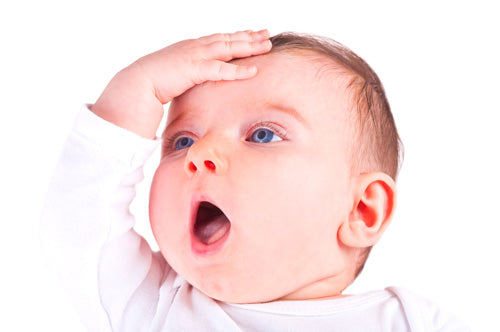My Cart(0)
Risks and Benefits of Eating Your Placenta

Among the most controversial subjects new mothers face is whether or not to eat their placenta. According to some, doing so helps fight against post-partum depression and boost breast milk production, but the CDC warns against it. Placenta is considered organ meat and can be cooked or eaten raw. For the women who choose to eat it, experts recommend having someone with experience cook it to prevent harmful bacteria from being consumed by the mother.
Benefits of Eating Your Placenta

You may ask yourself, “Why on Earth would I want to engage in such a bizarre practice?” Questioning the logic of any trend is understandable. Especially when it comes with health risks.
The answer why some women eat their placenta is that it gives them a boost of energy and improves their mood. For some mothers, it helps boost their iron supply.
Other reasons why women eat their placenta include:
- Producing a more abundant supply of milk for the baby.
- Allowing mother and baby to bond better.
- To increase skin elasticity, prevent stretch marks, and look your best.
- To facilitate faster postpartum healing.

These claims have no scientific proof. Mothers who have chosen to eat the placenta are the ones who state that they’ve benefited from the experience. OBs are often the first to be skeptical about encapsulation because they believe that the risks are far too great to advise doing so.
Risks of Eating Your Placenta

Risks of eating your placenta include infection in you. There are bacteria in even the most sterile environment. If you consume contaminated placenta, you could get very sick.
If you were to become ill, who would take care of your and your child? How would you be able to tend to your newborn’s needs? Would you require a caregiver during your bout of illness?
This is something that all new mothers should consider. If you don’t have someone you can count on to help when you’re ill, what would you do? Is it better to take a risk doing something that the CDC urges you not to do?
With that being said, there are other considerations to make. You becoming ill is just one of them. Risks go further than that.
Other risk factors include:
- Your baby could also get sick. You pass the infection through the breast milk you supply to your infant. Your baby gets exposed to the infected placenta you consumed during breastfeed. This can cause all sorts of problems for your child who is dependent on you for nourishment.
- You cross-contaminate other food. You could cause blood-borne cross-contamination to occur. This could prove to be deadly. It’s something that EPA guidelines were set up to protect against.

If after reading the risks, you’re still not sure if you should eat your placenta, hold off from doing so with this child. If you plan to have other children, you could very well engage in this practice. It’s not the last opportunity you have to do so.
Your Choice to Eat Placenta or Not Eat Placenta
Deciding whether or not to eat your placenta is your choice. You know the facts, the risks, and benefits of doing so. Now, it’s your decision to do as you wish by enjoying the experience or rejecting it and adopting something to replace it.
unsubscribe at any time without costs.










